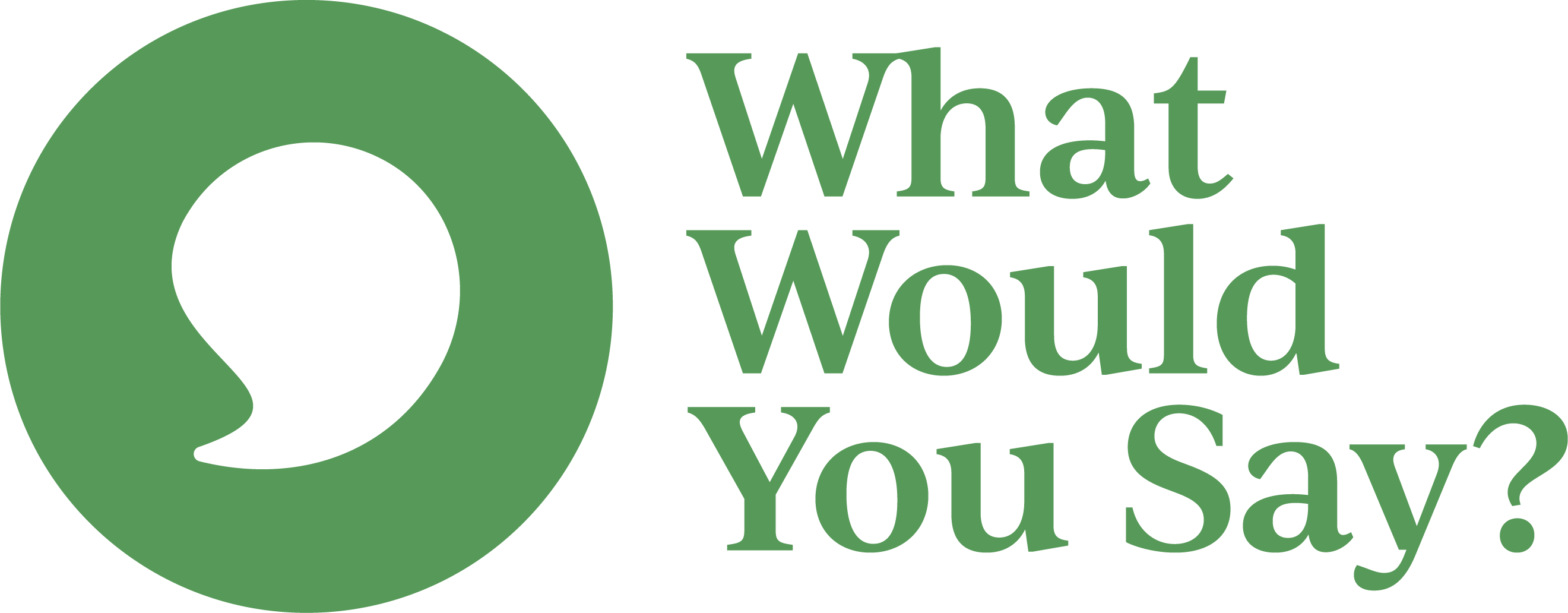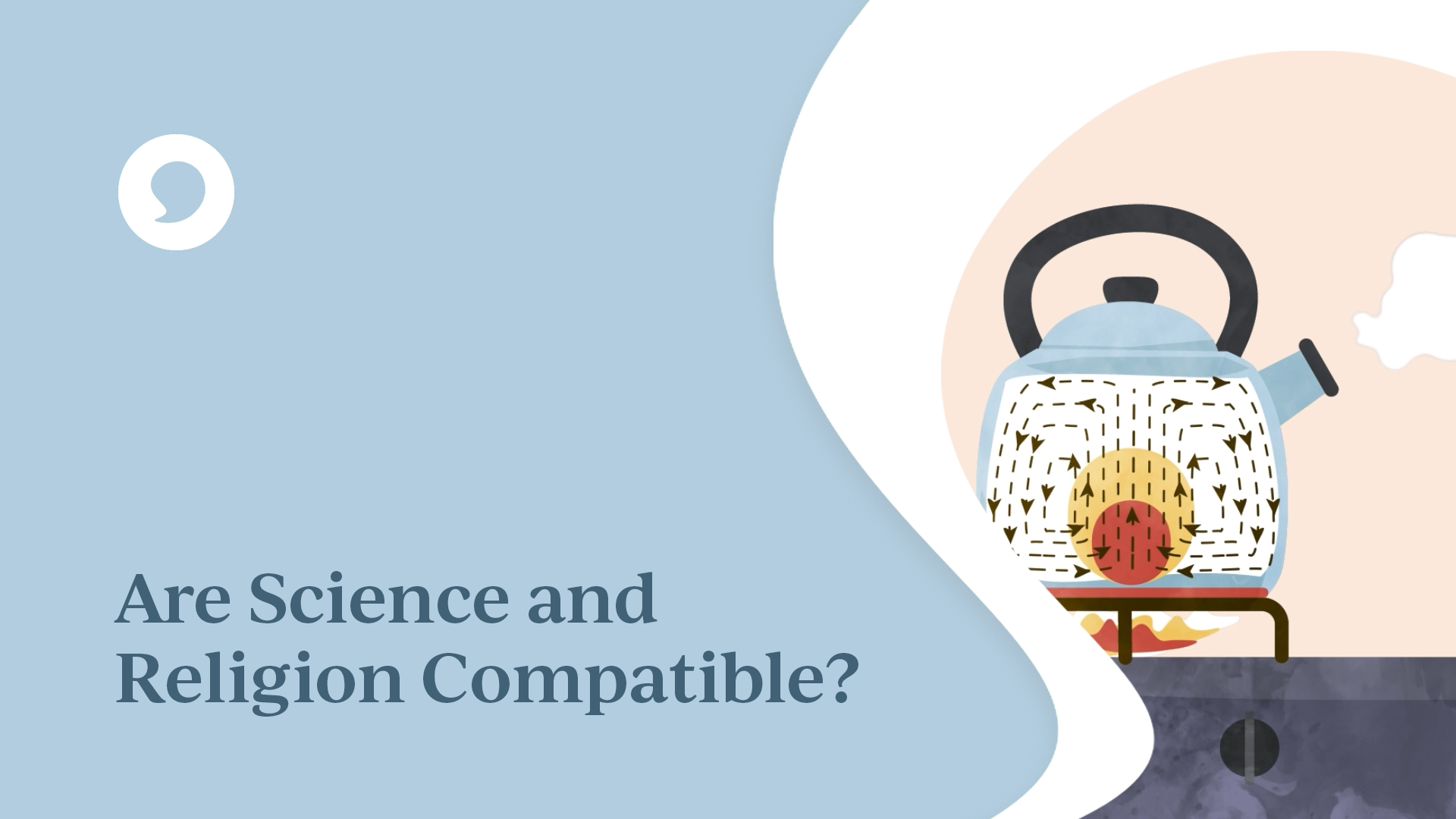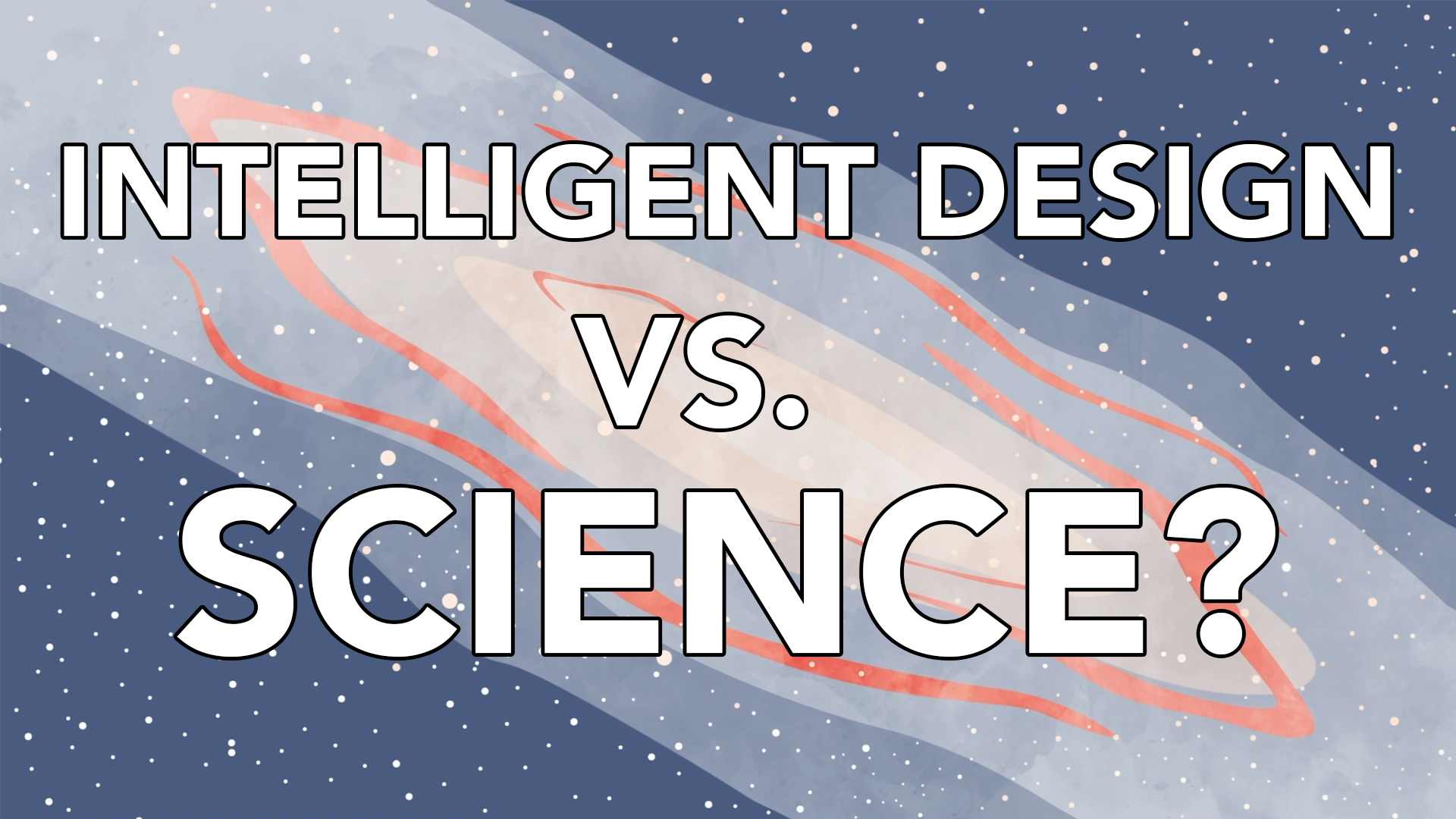You are Awesome. Don't forget it.
Distillery cornhole post-ironic shaman godard normcore tumblr put a bird on it. Austin bitters vice pitchfork, jean shorts craft beer kickstarter sriracha tilde pop-up fanny pack. Kale chips cold-pressed put a bird on it mumblecore kogi brooklyn farm-to-table blue bottle yuccie authentic kombucha migas. Literally tilde tacos paleo.
You’re in a conversation about global warming, vaccines, dinosaurs, or gender identity and someone says, “There’s no point in discussing this more. The science is settled.” What would you say? Science is awesome. Our study of the natural world has allowed us to find cures for diseases, fly to the moon, communicate with anyone from anywhere, turn a river into an endless source of power, and grow food efficiently. As a result, life is better now than it was 100 years ago virtually everywhere on earth. Despite the debt of gratitude we owe to science, some now argue that the “science is settled” and use that as a way to discourage questions and end debates. Next time this happens to you, here are three things to remember. First, we never stop learning. One of the things that makes science challenging and fun is that there is always more to learn. That’s because the scientific method never provides absolute conclusions. It’s always possible that the next observation will contradict the current consensus. In the past, science told us that animal fats were bad for people, so we cut meat from our diets and ate margarine instead of butter. Now we know better. Or at least we think we do. For nearly 3,000 years, the best scientists believed bloodletting, or removing blood from the bodies of sick people, helped cure illness. We were wrong. Even when we’re right, sometimes we’re only partially right and the willingness to consider new information allows us to become more right. That’s what science is all about. Every generation is living in their modern age, so every generation discovers things that previous generations didn’t fully understand. And oftentimes, we discover that in some ways, those who came before us did know what they were doing. But it’s the openness to new information and the willingness to learn that allows us to discover where we should change and where we shouldn’t. But that process can’t happen if we decide truth is determined by a survey of people with graduate degrees and so we can’t explore further. Which leads to the second point. The scientific consensus is frequently wrong. Mercury was once considered safe and used as a disinfectant, laxative, and cure for syphilis. Now we understand it to be extremely toxic. Scientists once believed that people would be unable to breathe if they traveled faster than 30 miles per hour. In the 19th century, media stories circulated describing “railway madmen” who went insane on trains because people were not intended to travel that quickly. The theory of spontaneous generation once convinced scientists and farmers alike that rats could materialize out of a sack of grain. Charles Darwin believed that cells were empty; Darwin’s black box. We now know there is nearly as much to explore inside a cell as there is to explore outside of it. Louis Pasteur, who established germ theory, was widely ridiculed before his theories became the foundation for our view of microbiology. Pasteurization still keeps food from going bad today. The scientific consensus used to say that the earth was the center of the solar system, but it never was. In the 20th century, the scientific community mocked those who argued that ulcers were caused by bacteria until it became clear they were correct. These examples illustrate why the term “settled science” demonstrates a total misunderstanding of how science works. Science is often wrong or incomplete because science is conducted by people. Which leads to the third point. Scientists are just as capable of bias as anyone else. When people say that the science is settled, it’s easy to get the impression that science works like a panel of dispassionate judges who simply declare what the facts are. But that’s not how it works. While the vast majority of scientists are sincerely trying to figure out what is true, science is not an algorithm. It’s not an artificial intelligence that objectively processes inputs to determine reality. Science is done by people who are not only capable of making mistakes, but are capable of being influenced by ambition, greed, fear, or ego. Scientists might be influenced by oil or tobacco money as easily as other scientists might be influenced by alternative energy or government money. For every progressive scientist there is a conservative scientist. Science is performed by humans, and humans can be influenced. But the willingness to ask and listen to questions is what helps us separate fact from opinion. Of course, it is possible for science to actually be settled. The earth is round not flat. But throughout history, there were many times where we thought we understood—no, we knew we understood something—only to find out later we were wrong. Darwin’s Bulldog, Thomas Huxley, said it this way: “Science is organized common sense where many a beautiful theory was killed by an ugly fact.” To say the science is settled is to suggest there is nothing new to learn, no openness to new information, and no willingness to evaluate what I currently believe. Whatever that is, it’s not science. So next time someone tries to end a discussion by asserting that the science is settled, remember these three things. Number 1: We never stop learning. Science is never settled because there is always more to know. Number 2: The scientific consensus is frequently wrong. From mercury, to bloodletting, to germ theory, the scientific consensus has been wrong many times. Willingness to question the consensus is how we learn. And Number 3: Scientists are just as capable of bias as anyone else. Science isn’t an algorithm. It’s a process full of people. As long as people are imperfect, science will be too. For What Would You Say, I’m Brooke McIntire. Thanks for watching. If you liked our video, make sure you hit subscribe so you can see the next one and join the conversation in the comments below.




